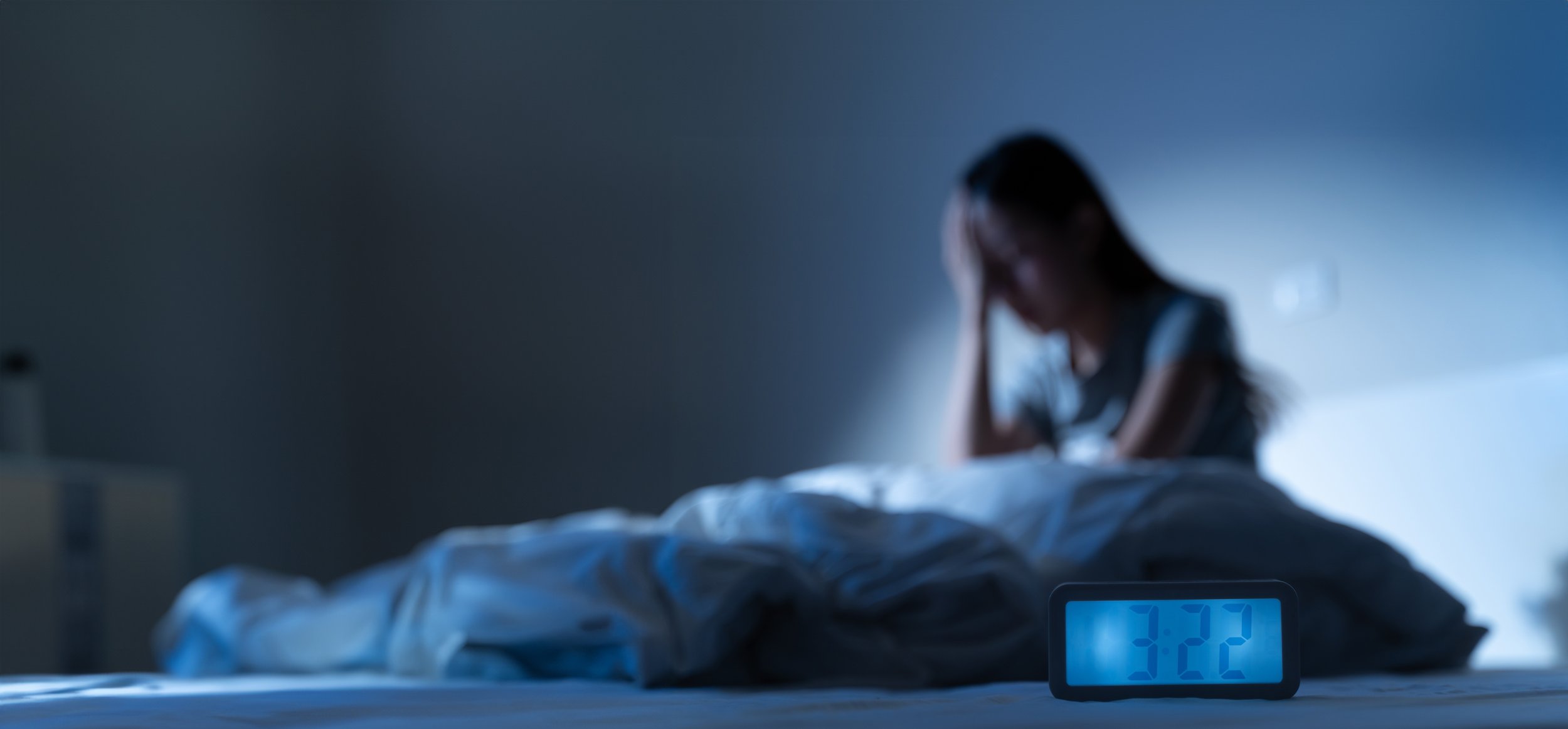
Science-Backed Solutions for Sleep Difficulties
Sleep difficulties can take many forms, but one thing is clear – sleep has a significant impact on quality of life. Dr. Kaplan is board-certified in behavioral sleep medicine and has spent decades working in the sleep field.
Common Sleep Difficulties Treated at Sphere
Insomnia
One in ten individuals struggles with chronic insomnia. If you’ve had insomnia for a long time, you may wonder how treatment can change your longstanding sleep difficulties.
You may have tried various treatments before and found them ineffective. Your insomnia may come and go, or it may be constant. However it manifests, you are not alone. Many of the individuals with whom I work are exasperated by their sleeping difficulties and feel hopeless at the outset.
Cognitive Behavioral Therapy for Insomnia (CBT-I) is the recommended first-line treatment by the National Institute of Health and the American Academy of Sleep Medicine. Supported by decades of research, CBT-I focuses on the factors that exacerbate and maintain your insomnia. Many people start to notice improvements in just a few sessions.
Once you have learned how to improve your sleep, we focus on methods for preventing the return of your insomnia and on anticipating setbacks. I can also work with your medical provider to help you taper off sleep medications if desired. My goal is for you to leave feeling well-rested and confident in your sleep habits.
I also tailor sleep treatment to aspects of your biology and psychology - some of my clients have tried and ‘failed’ CBT-I before because it wasn’t personalized to key features.
Hypersomnia
Hypersomnia or hypersomnolence is characterized by excessive daytime sleepiness, long sleep at night, frequent sleep during the daytime, and/or difficulty waking up in the morning or following naps.
Using techniques from CBT-I and chronobiological therapies, we can work to improve sleep quality, reduce total sleep time, feel more energized during the daytime, and take smarter (and fewer) naps.
Circadian Rhythm Difficulties
Delayed or Advanced Sleep Phase Disorder occurs when our internal biological clock is out of sync with the demands of school, work, or social schedules.
Individuals with a delayed sleep phase, for example, may find themselves alert in the evening, very sleepy in the morning, and have difficulty falling asleep at their desired time. Using strategic exposure to light and melatonin, we can work to shift your internal clock to your desired schedule.
Nightmares
Chronic or frequent nightmares can be extremely frightening, and individuals may avoid going to sleep or sleeping in their beds for fear of having nightmares return. Nightmares may arise following a traumatic event or may occur in the absence of trauma. Regardless of the origin, we can use Imagery Rehearsal Therapy to help reduce the frequency and severity of nightmares to help you sleep peacefully again.
We can use brief, empirically validated techniques to reduce your sleep difficulties. I have spent nearly 20 years researching and treating sleep problems. I am board-certified in Behavioral Sleep Medicine and have written scientific papers, book chapters, and therapist guides on how to treat insomnia, hypersomnia, and other sleep difficulties. I look forward to helping you get your sleep back on track.


